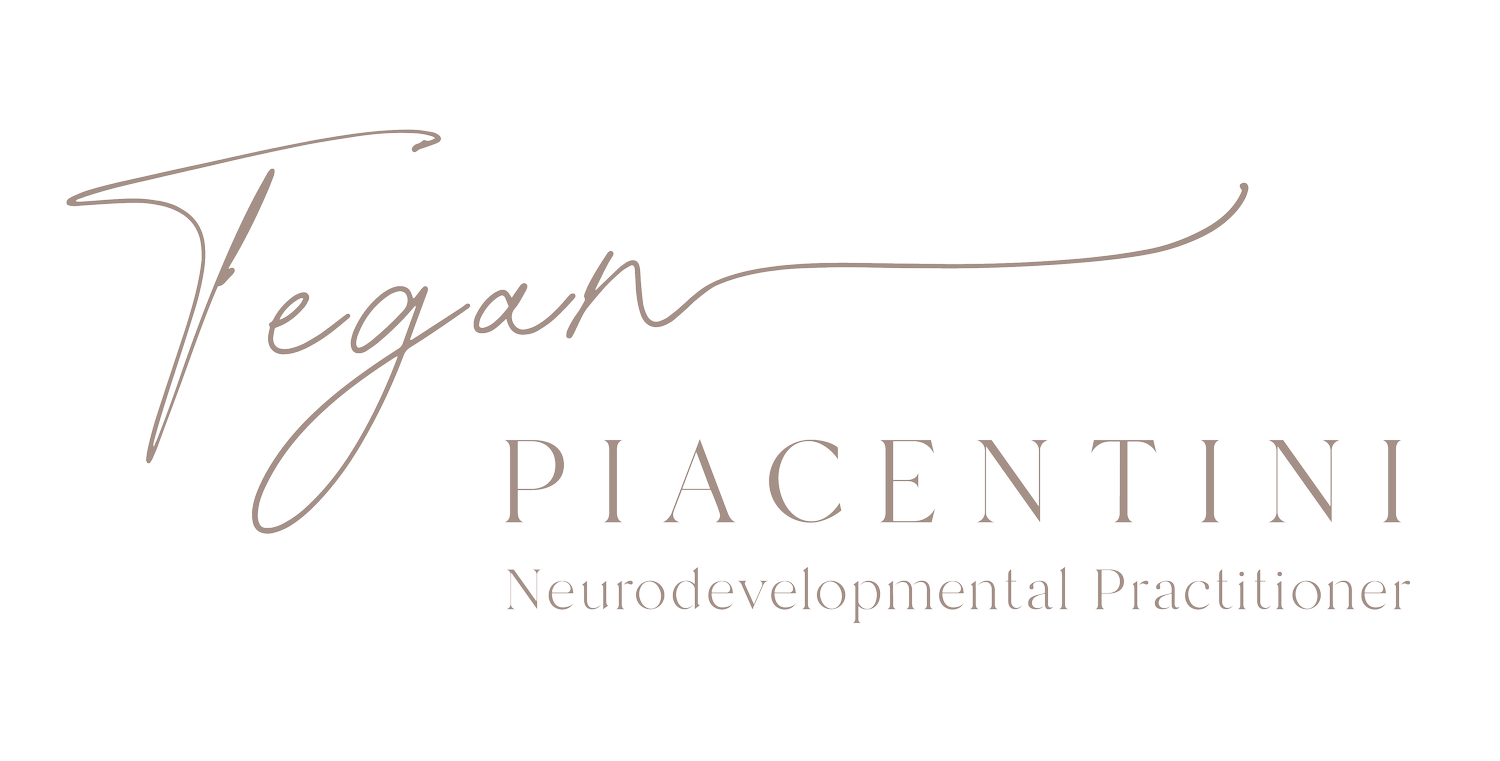Want to know more? Read our FAQs.
-
A Neurodevelopmental Practitioner specialises in identifying, assessing, and addressing neuromotor and sensory immaturity to help improve daily functioning and learning abilities in children and adults.
-
Neuromotor immaturity (NMI) refers to the retention of primitive reflexes beyond the age of 12 months and/or underdeveloped postural reflexes beyond 3.5 years, leading to various functional and learning challenges.
-
A practitioner can help by using non-invasive, gentle, and developmentally appropriate movements to address neuromotor and sensory immaturity, thereby improving learning abilities, coordination, and daily functioning.
-
Conditions such as ADHD, ADD, Dyspraxia, Dyslexia, and ASD, as well as other learning and coordination challenges, can be effectively addressed through neurodevelopmental therapy.
-
Yes, neurodevelopmental therapy is suitable for both children and adults experiencing neuromotor and sensory immaturity.
-
During the initial assessment, the practitioner will conduct a thorough evaluation of neuromotor and sensory functions to identify any areas of immaturity and create a personalised therapy plan.
-
Yes, neurodevelopmental therapy can complement other treatments and therapies. It’s important to discuss all ongoing treatments with the practitioner to ensure a coordinated approach.
